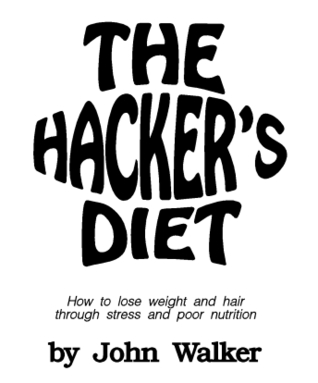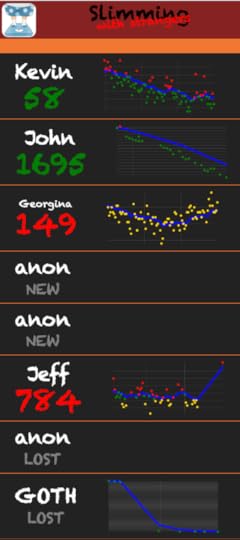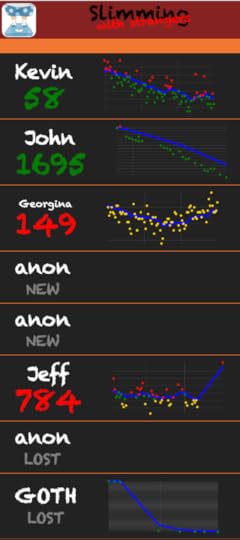What do you think?
Rate this book


336 pages, E-Book, html, pdf
First published January 1, 1991
There's an old Wall Street tale: a tyro asks an old-timer, “How do you make money in the market.” The wise man answers, “Nothing could be simpler: buy low, sell high.” The beginner asks, “How can I learn to do that?” The sage responds, “Ahhhh…that takes a lifetime.” Simple doesn't mean easy.
There is no magic secret to losing weight and keeping it off, just as there is no hidden key to instant wealth. Nonetheless, every year another crop of “magic diet” and “secrets of investing” books appear on already-creaking shelves. The human capacity to ignore inconvenient facts and avoid unpleasantness is immense. Success in any endeavour requires coming to terms with the true nature of the task at hand and, if the goal is worth the effort, getting on with it.
“How can I lose weight?” “Simple, eat less food than your body burns.” “How can I learn to do that?” Read this book.
If eat more calories than you burn, you will gain weight.


